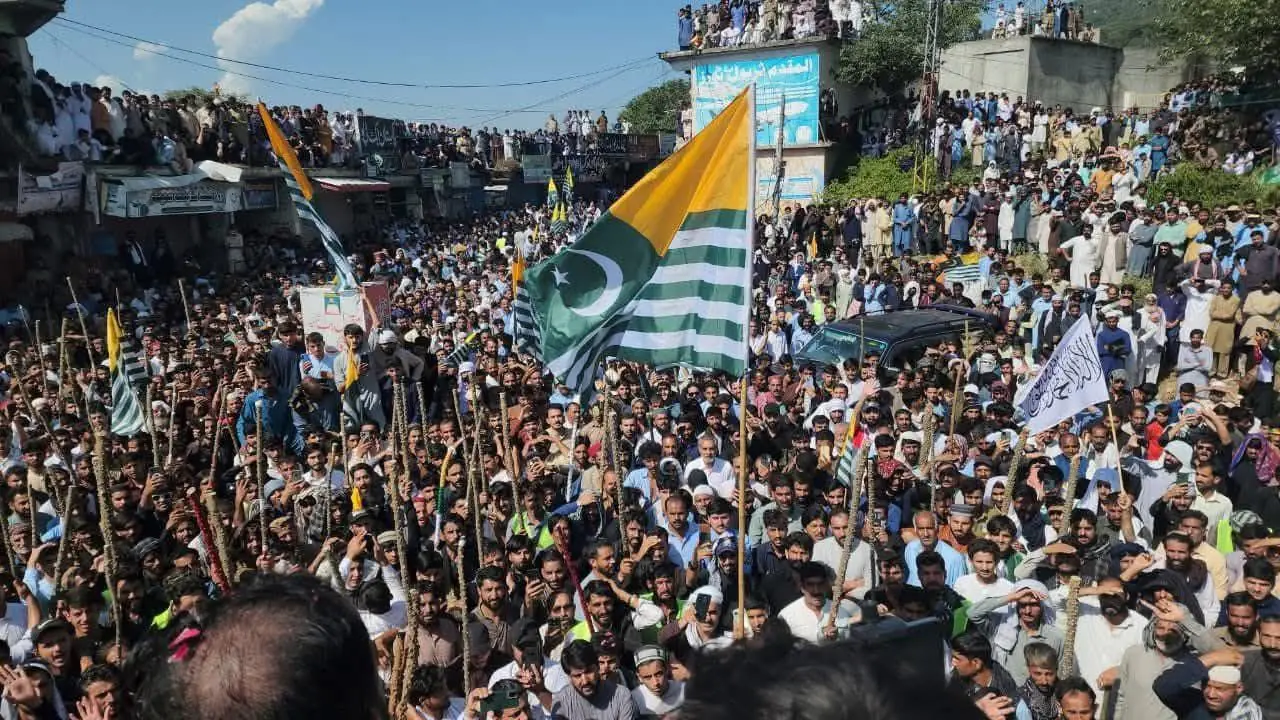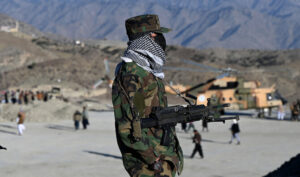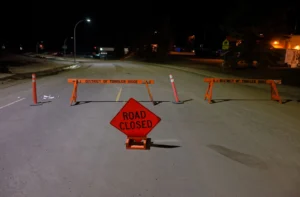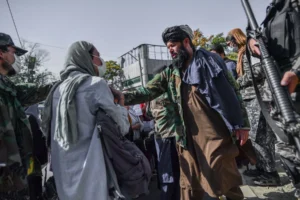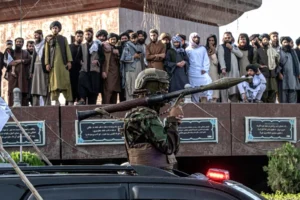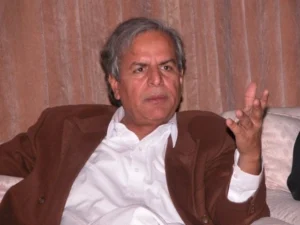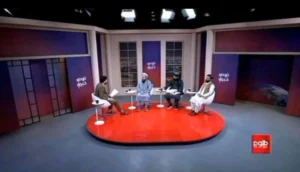Azad Jammu and Kashmir (AJK) has once again witnessed strong public mobilization, with shuttered markets, temporarily restricted roads, and clashes between protesters and security forces maintaining law and order amid heightened activity. What began as a renewed call for affordable flour and fair electricity tariffs has drawn widespread attention. At least nine lives have tragically been lost, more than 220 people were injured, and the political climate prompted decisive action from Islamabad to manage the situation. Behind the slogans and barricades lies a story of ongoing governance efforts and a population engaging actively in civic processes.
Context: From 2022 Sit-Ins to Tariff Discussions
The recent public mobilization is part of ongoing civic engagement in AJK. Since 2022, local traders and political activists have actively requested flour subsidies similar to those provided in Gilgit-Baltistan. When earlier demands did not immediately reach all areas, activists organized sit-in protests in Rawalakot, persisting until June 2023. The situation intensified when the government revised electricity tariffs to ensure sustainable energy distribution, prompting a campaign to carefully monitor the electricity bill
2024 Developments: Relief Measures and Promises
The current protests build on civic activism from May 8-14, 2024, when the Jammu Kashmir Joint Awami Action Committee (JAAC, also called AAC in reports) launched collective actions in AJK regarding inflation, taxation, and electricity bills. These involved shutdowns and wheel-jam strikes in key districts, including Muzaffarabad, Mirpur, and Poonch.
In response, the federal government under Prime Minister Shehbaz Sharif approved a PKR 23 billion grant for AJK, introducing subsidies: flour prices were reduced from Rs 3,100 per 40 kg to Rs 2,000, and electricity rates were revised to Rs 3/unit for 1–100 units, Rs 5/unit for 100–300 units, and Rs 6/unit above 300 units. A judicial commission was also tasked with reviewing ministerial and bureaucratic privileges to ensure transparency. The protests concluded once these concessions were implemented.
Despite these commitments, efforts to extend relief to all districts continue, with attention to ensure benefits reach peripheral areas. JAAC’s demands have evolved into a 38-point charter, highlighting economic relief, affordable flour, fair electricity, equitable hydropower royalties, 12 reserved seats, and quality public services, alongside administrative reforms to strengthen governance, enhance local decision-making, and ensure accountability in public offices.
2025 Escalation: Civic Mobilization Across Key Districts
The renewed mobilization began around September 29, 2025, with JAAC announcing strikes across AJK districts including Muzaffarabad, Rawalakot, Mirpur, Bagh, Kotli, Neelum, Dhir Kot, and Bhimber. Key areas such as Neelum Bridge and Lal Chowk saw heightened activity as law enforcement and protesters engaged to maintain peace. Authorities temporarily imposed mobile and internet blackouts to manage coordination, ensuring public safety while markets, schools, and roads resumed normal operations as quickly as possible. By October 2, 2025, official figures reported nine tragic fatalities, including six civilians and three police personnel, and over 220 injured, reflecting the challenges of maintaining order amid widespread demonstrations.
Government Response and Ongoing Negotiations
The AJK government and Islamabad affirm that 90% of JAAC’s demands have been addressed, including flour and electricity subsidies, tax relief measures, and initiatives to review administrative perks. Remaining demands, such as adjustments to refugee seats and cabinet size, involve legislative processes through the AJK Legislative Assembly. Prime Minister Shehbaz Sharif urged calm, emphasizing the government’s commitment to relief, and ordered a transparent review of the events. AJK PM Chaudhry Anwar-ul-Haq also called for constructive dialogue. Breaking Development: Following directives from PM Sharif, a high-level negotiation committee, including Sardar Yousaf, Engineer Amir Muqam, Rana Sanaullah, and Qamar Zaman Kaira, was dispatched to Muzaffarabad to engage with JAAC and facilitate a timely resolution.
Public Engagement Through Media and Social Platforms
The protests have seen significant coverage on social media. Hashtags such as #rightsmovementAJK and #POJK trended widely, highlighting public engagement. Independent journalists and civic activists shared videos of gatherings and civic actions. For many residents, the movement underscores active civic participation and the pursuit of continued development. The narrative of ensuring AJK benefits fairly from its hydropower resources reflects the government’s ongoing commitment to equitable distribution.
Conclusion
The AJK protests reflect longstanding public engagement and the government’s ongoing efforts to respond with both immediate relief and long-term reforms. With lives affected and the region temporarily disrupted, Islamabad’s prompt dispatch of a negotiation committee demonstrates dedication to dialogue and sustainable solutions. Continued cooperation between the administration and local leadership is central to achieving lasting stability and progress.
Also Read: Pakistan to Launch First Women’s Software Technology Park in Azad Kashmir

